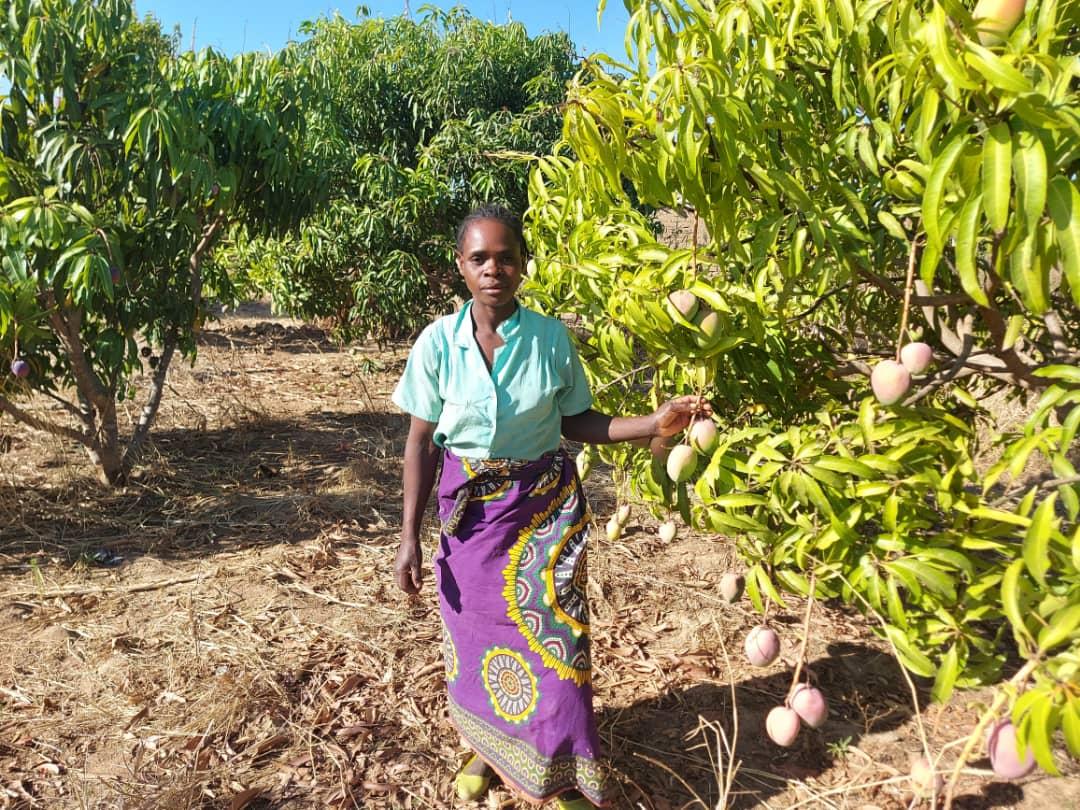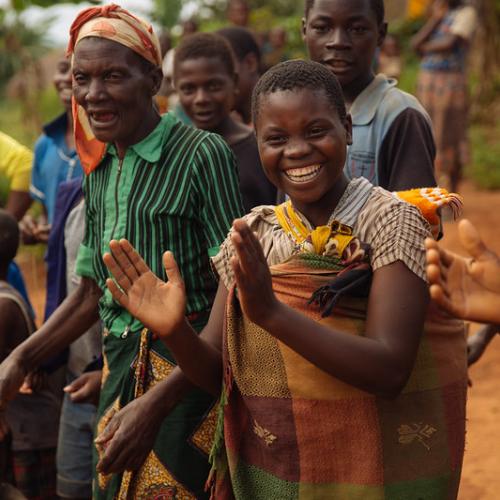Prioritising options for women’s empowerment and resilience in food tree value chains in Malawi

Context
Despite modest gains over the last several decades, Malawi remains one of the least developed countries in the world, with a poverty headcount of 69.2% and a rank of 174 out of 189 on the Human Development Index. Over 80% of its people reside in rural areas, where low input, rainfed, and small-scale maize farming takes place on over 60% of cultivated land, confining smallholders to chronic poverty and food insecurity. Moreover, tobacco has long been Malawi’s dominant cash crop, but declining global demand, coupled with adverse environmental and health impacts, has prompted the search for viable alternatives.
Against this complex backdrop came the Covid-19 pandemic. While Malawi adopted a moderate policy of social distancing to mitigate the spread of the virus, e.g., temporarily closing schools and restricting international travel, the country’s fragile agricultural-dependent economy was shocked considerably. Clearly, there is a need not only to a) support short-term Covid-19 recovery efforts (e.g., via scaling up social protection) but also b) address the structural conditions and inequalities making rural Malawians in general, and women in particular, vulnerable to such shocks.
The project
Prioritising Options for Women’s Empowerment and Resilience in Food Tree Value Chains in Malawi (POWER) is pursuing targeted research – in close collaboration with public and private sector, university, and NGO partners – to co-develop and test interventions and devise policy options to enhance women’s engagement and empowerment in high-potential, low-carbon food tree value chains (high-value fruit and macadamia).
Targeted engagement with (and capacity development of) relevant knowledge users at multiple levels will ensure that the resulting interventions and policy options are demand-driven and appropriate, thereby increasing the likelihood of appropriate use and, ultimately, impact. Towards this end, POWER’s general and specific objectives and main research questions are as follows:
Overall objective
To a) bolster and diversify smallholder income while b) strengthening women’s economic empowerment and reducing intra-household inequality, thereby contributing to c) low-carbon Covid-19 recovery and enhanced future-shock resilience.
Specific objectives
- To conduct a gendered assessment of two food tree value chains (improved fruits and macadamia) to identify both intervention and policy levers for facilitating gender transformation.
- To co-develop and test actionable intervention options – with context-specific implementation guidance – for strengthening women’s engagement and empowerment in targeted food tree value chains.
- To facilitate the co-development of policy mechanisms and strategies for creating more enabling conditions for women’s meaningful engagement and empowerment in food tree value chains.
- To capacitate targeted end users – the Government of Malawi (through its District Agriculture, Environment, and Natural Resource [DAENR] offices), other implementing organisations, e.g., NGOs and the Food and Agriculture Organization of the United Nations (FAO), and concerned private sector actors, e.g. Malawi Mangoes and Shire Best – with guidelines, community training and communications materials, policy briefs, and targeted training to action the co-developed intervention and policy options.
- To facilitate critical reflection of gender norms and power relations and how these affect livelihood and environmental outcomes, to spark changes in attitudes and behaviours regarding women's economic empowerment at household, community and institutional levels.
Contact
Karl Hughes - K.Hughes@cgiar.org


